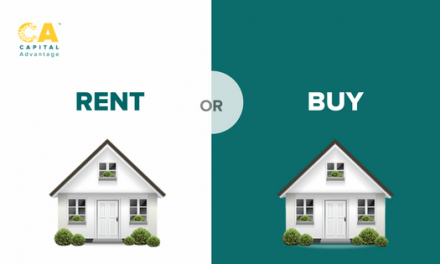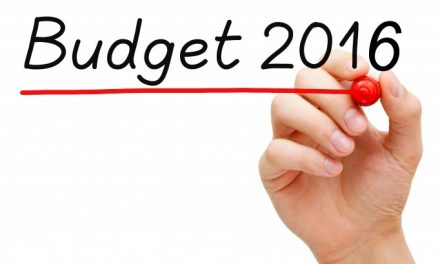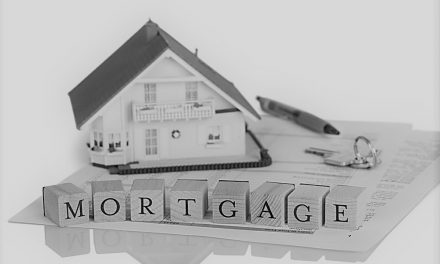With Financial Literacy Month (FLM) in full swing, we thought it would be the perfect time to drill down and discuss personal finance topics at a closer level. Last week we wrote about why Financial Literacy Month matters. In a nutshell, it’s hard to plan for the future if your financial literacy skills are lacking. The first goal of “Count Me In” is to “manage money and debt wisely.” That’s tough to do if you don’t have a budget.
A family budget is a lot like a financial roadmap. It helps you get from point A to point B and helps keep your short- and long-term financial goals on track. If you don’t have a family budget, you’re not alone. Survey reveals that less than half of Canadians have a family budget. The cardinal rule of budgeting is to spend less than you earn, but how do you know you’re doing that without a budget?
Why a Family Budget Matters
If you’re in debt, it’s a clear sign your finances are out of whack. Either you’ve experienced a financial emergency or you’re living beyond your means. A budget is similar to a diet, except instead of controlling your appetite, it controls your spending. When you have a budget, you can make better use of your money to make sure you have enough money at the end of the month for savings.
Creating a budget can be boring, but it doesn’t have to be. Once you see the many benefits of having a budget, you’ll be more enthused to make one. If you’re always waiting for the next pay cheque to arrive, a budget can give you a bird’s eye view of your family’s finances. With a budget you can make sure you have enough money to look after your family’s bare necessities (i.e. shelter, transportation, food, clothing, etc.) and watch your spending. A budget keeps your spending in check, so you don’t have to.
Managing Your Debt
If you’re in debt it’s an all too familiar story: where does all my money go each month? Even if you receive a raise at work, your expenses may still outweigh your income. Something has to give. If you only took the time to create a budget, you’d have a better idea where your money’s going. Budgeting is the key to reaching debt freedom.
A budget isn’t something you do once and forget about for the next five years. Creating a budget is only half the battle. Once you have a budget, you have to have the willpower to control your spending. The easiest way to do this is by tracking your spending. There are many ways you can track your spending. You can review your credit card statement at the end of the month, use computer software or smartphone apps. Whichever method you choose, it’s important to make sure you’re not constantly going over budget, otherwise you’re putting your financial goals in jeopardy.
If you need help with creating a budget, feel free to contact our office and let us give you a hand. We’ll make sure you’re on track to meet your financial goals.









